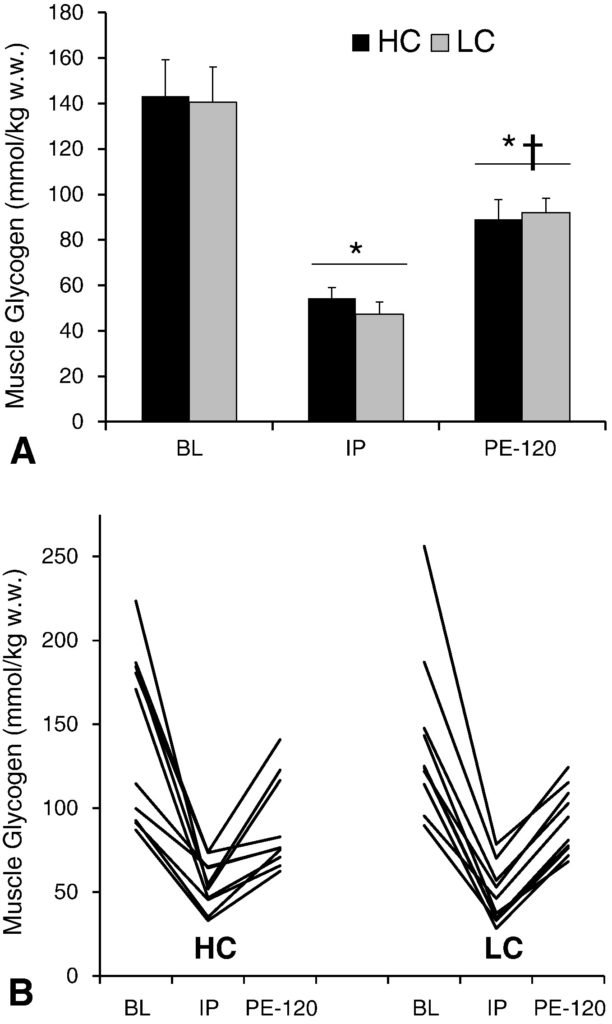Caffeine Benefits for cyclists: Enhancing Performance and endurance
Introduction
Every cyclist, whether a seasoned pro or an enthusiastic amateur, seeks that extra edge to enhance their cycling performance and endurance. In the world of sports nutrition, caffeine stands out as a potent ally for cyclists. Understanding caffeine benefits for cyclists is crucial because it directly impacts various cycling performance metrics. From offering a significant energy boost to improving mental focus, caffeine can be an integral component of a well-rounded cycling routine. Other aspects, like bike maintenance tips and cycling performance metrics, also play a role, but caffeine offers a unique competitive advantage.
Training Techniques for Cyclists: The Role of Caffeine
Energy Boost and Fatigue Reduction
Caffeine is renowned for its ability to provide an energy boost, making it particularly beneficial for cyclists. This stimulant works by blocking adenosine, a neurotransmitter that promotes sleep and relaxation, thereby reducing tiredness and fatigue. Cyclists can experience a notable difference in the duration and intensity of their rides when incorporating caffeine into their pre-ride routine.
Enhanced Endurance
Endurance is a cornerstone of effective cycling, and caffeine contributes significantly to improving it. By increasing the release of adrenaline, it prepares the body for sustained physical activity, thereby enhancing cardiovascular endurance. This, coupled with increased aerobic capacity, means cyclists can ride longer and harder without premature exhaustion.
Mental Focus and Reaction Time
The mental aspect of cycling is often understated, yet it plays a critical role in performance. Caffeine helps in sharpening mental focus, enhancing alertness, and improving reaction time. This ensures that cyclists remain vigilant throughout their ride, making split-second decisions with ease.

Best Nutrition Practices for Cyclists
Integration of Caffeine and Muscle Glycogen
A balanced diet rich in essential nutrients fuels a cyclist’s body. When caffeine is combined with carbohydrates, it aids in the more effective storage of muscle glycogen, a primary energy source during prolonged cycling sessions. This synergy not only ensures better energy sustainability but also contributes to reduced recovery time post-ride.
Metabolism and Thermogenesis
Caffeine accelerates metabolism and stimulates thermogenesis, helping in burning calories more efficiently. For cyclists looking to optimize weight and performance, this can be a significant benefit. A heightened metabolism means greater energy expenditure, which can contribute to better cycling efficiency and overall ride performance.
Hydration Considerations
One concern often associated with caffeine consumption is dehydration. However, when paired with adequate water intake, cyclists can enjoy caffeine’s benefits without compromising their hydration levels. Ensuring a balance between caffeine use and fluid intake is essential for maintaining peak performance levels.
Equipment and Cycling Gear
Power Output and Cycling Cadence
Utilizing caffeine before a ride can lead to improved power output and a more consistent cycling cadence. Power-based training becomes more effective when caffeine enhances an athlete’s ability to maintain high-intensity levels over extended periods. This leads to better results in both training and competitive settings.
Choosing the Right Supplements
For those considering caffeine supplements as part of their routine, selecting the right product is vital. Proper supplements ensure cyclists receive a safe and efficacious dose of caffeine, optimizing its benefits without adverse effects. Consulting with a healthcare provider for personalized advice on caffeine supplementation is always recommended.
Advanced Techniques for Optimal Performance
VO2 Max Improvement and Aerobic Capacity
VO2 max, or maximal oxygen uptake, is a critical metric for evaluating a cyclist’s aerobic endurance. Studies indicate that caffeine consumption can significantly enhance VO2 max, allowing cyclists to perform at higher levels. Improved aerobic capacity means that cyclists can sustain a greater workload over time, maximizing their training effectiveness.
Mental Resilience and Cycling Efficiency
Mental resilience is often the unsung hero in enduring long rides and challenging conditions. Caffeine enhances not only physical performance but also mental toughness, enabling cyclists to push through barriers with increased cycling efficiency. This resilience is crucial for mastering advanced techniques, such as interval training, ensuring that both body and mind are prepared for the rigors of competitive cycling.
Real-Life Success Stories
Many top-tier cyclists attribute part of their success to caffeine. For instance, professional cyclists often incorporate caffeinated gels or beverages in their competition regimen to maintain heightened performance levels throughout races. Such anecdotes underscore the real-world applicability of caffeine benefits, inspiring others to explore its potential.

Data, Metrics, and Studies
Scientific research underscores the benefits of caffeine for cyclists. For example, a study published in the Journal of Applied Physiology found that moderate caffeine intake improved endurance by up to 20%. Additionally, research from the European Journal of Sport Science observed a 7% increase in power output among cyclists who consumed caffeine before training sessions.
In terms of ground-level application, using power meters for performance tracking can show tangible improvements associated with caffeine ingestion. Power meters provide precise data on cycling metrics, allowing cyclists to measure enhancements in real-time.
User Intent and Benefits
For cyclists eager to improve endurance and master cycling techniques, understanding caffeine’s benefits is foundational. By optimizing cycling workouts with caffeine, athletes can unlock their full potential. The specific benefits of this approach, from improved cardiovascular endurance to better ride performance, translate into a more effective and enjoyable cycling experience.
FAQs
What is the optimal amount of caffeine for cyclists?
The generally recommended dose of caffeine for performance enhancement is about 3-6 mg per kilogram of body weight, taken about an hour before activity.
Does caffeine dehydrate you during cycling?
While caffeine has mild diuretic effects, consuming it with adequate water intake generally does not lead to significant dehydration during cycling.
Can beginners benefit from caffeine in cycling?
Yes, beginners can see improvements in energy levels and endurance with moderate caffeine use, but they should start with a lower dose to assess tolerance.
How does caffeine enhance cycling performance?
Caffeine boosts endurance, reduces fatigue, sharpens mental focus, and increases power output, contributing to overall enhanced cycling performance.
Are there any side effects of caffeine use in cycling?
Excessive caffeine intake can lead to jitteriness, increased heart rate, and digestive issues. It’s important to find a balanced amount that suits individual needs.
Conclusion
Caffeine offers a range of benefits that can significantly enhance a cyclist’s performance, endurance, and ride experience. By fostering better energy management, speeding up recovery time, and improving mental and physical efficiency, caffeine serves as a valuable component in the cycling arsenal. Cyclists of all levels are encouraged to explore caffeine’s potential, adjusting their use based on personal goals and responses. Share your experiences or tips on caffeine use in the comments, and let’s continue to build a community of empowered and informed cyclists.





